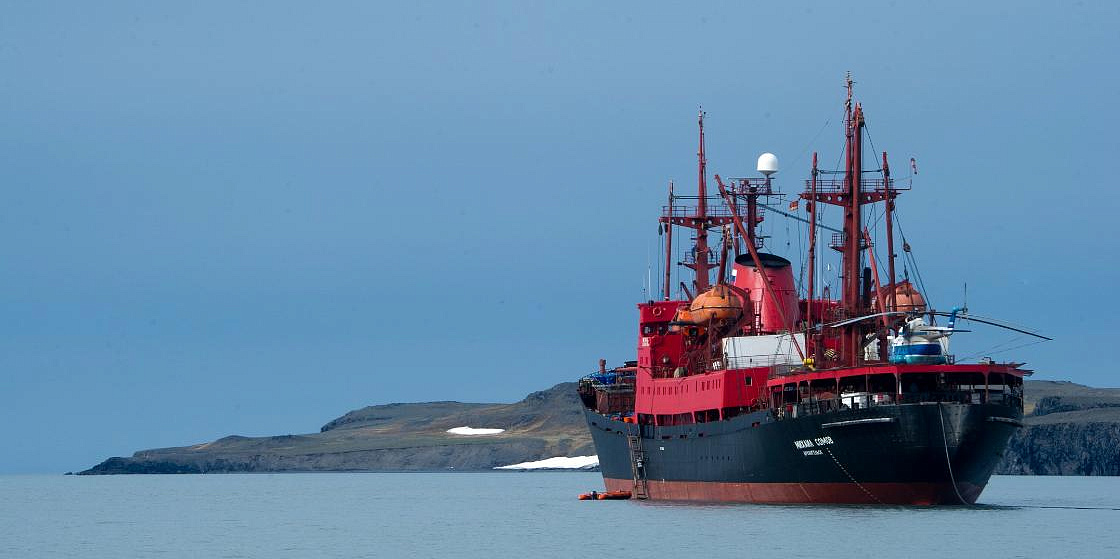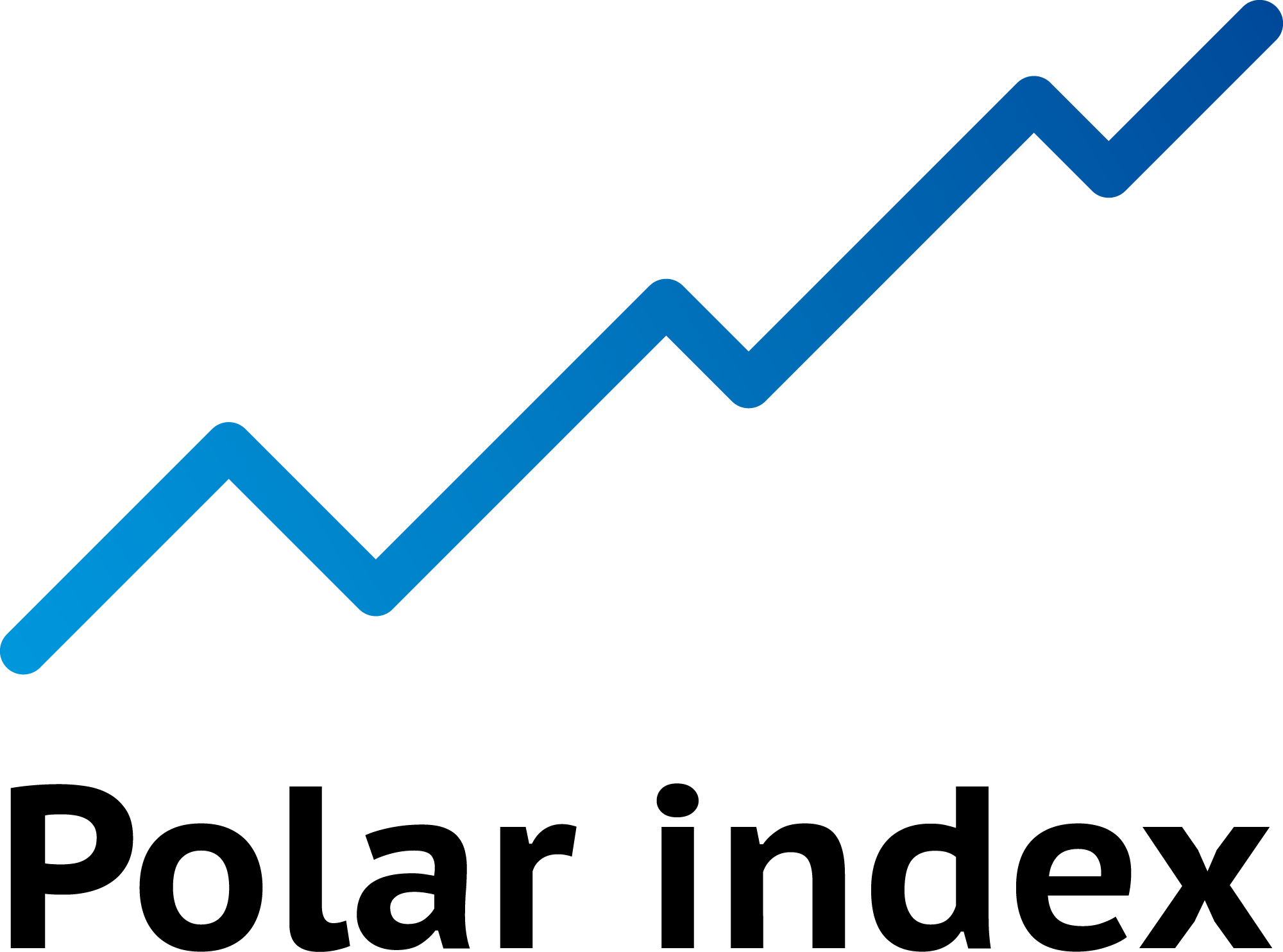
Photo: Shtrik Vadim/GeoPhoto.ru
Arctic Traffic Jam as a Stress Test
According to the statement made by Rosatom’s CEO Alexei Likhachev on 22 November 2021, there is a sort of a traffic jam in the Eastern Sector of the Northern Sea Route (NSR). 24 various vessels, including an oil tanker, have been caught off-guard by ice on the NSR, he said.
Rosatom, Russia’s state-owned nuclear monopoly operating all Russian nuclear-powered icebreakers, believes that the situation was caused by several factors. First, the NSR traffic has been steadily growing in recent years, resulting in increased pressure on both the NSR logistic chain and this country’s icebreaker fleet. Second, experts believe that the pandemic and the world logistic crisis contributed to shifting supply operations for the Eastern Arctic regions of Russia from September/October to late October/November, when ice conditions on the NSR are known to cause issues. Third, in 2021, ice formation in this part of the Arctic Ocean, for the first time in seven years, started two weeks earlier -- something that weather services had failed to forecast.
The challenge is being responded to by a team of Rosatom experts and decision-makers chaired by Viacheslav Ruksha, the corporation’s second-in-command. 8 out of 24 ships have already been freed from the ice trap, but there are 16 more to go. The situation will be resolved by the end of December, and all supplies stuck on the NSR will reach their destination, say Rosatom’s officials.
This whole situation may be seen as a stress test for the NSR management system. Overall, it proved to be up to the task. However, in light of the increasing amount of goods moved across the NSR, it is evident that there is still room for improvement, and some fine-tuning might be needed.
Another issue at hand is understanding how exactly climate change works in the High North. Despite the fact that many believe Arctic warming to be a linear trend, the current situation is yet another proof that it is not. This, in turn, means that following blindly the policies based on highly hypothetical climate change models in high latitudes may not be a wise idea.
Arctic Today is a column by PORA CEO Alexander Stotskiy analyzing major international, national and regional events and trends in the Arctic.
Rosatom, Russia’s state-owned nuclear monopoly operating all Russian nuclear-powered icebreakers, believes that the situation was caused by several factors. First, the NSR traffic has been steadily growing in recent years, resulting in increased pressure on both the NSR logistic chain and this country’s icebreaker fleet. Second, experts believe that the pandemic and the world logistic crisis contributed to shifting supply operations for the Eastern Arctic regions of Russia from September/October to late October/November, when ice conditions on the NSR are known to cause issues. Third, in 2021, ice formation in this part of the Arctic Ocean, for the first time in seven years, started two weeks earlier -- something that weather services had failed to forecast.
The challenge is being responded to by a team of Rosatom experts and decision-makers chaired by Viacheslav Ruksha, the corporation’s second-in-command. 8 out of 24 ships have already been freed from the ice trap, but there are 16 more to go. The situation will be resolved by the end of December, and all supplies stuck on the NSR will reach their destination, say Rosatom’s officials.
This whole situation may be seen as a stress test for the NSR management system. Overall, it proved to be up to the task. However, in light of the increasing amount of goods moved across the NSR, it is evident that there is still room for improvement, and some fine-tuning might be needed.
Another issue at hand is understanding how exactly climate change works in the High North. Despite the fact that many believe Arctic warming to be a linear trend, the current situation is yet another proof that it is not. This, in turn, means that following blindly the policies based on highly hypothetical climate change models in high latitudes may not be a wise idea.
Arctic Today is a column by PORA CEO Alexander Stotskiy analyzing major international, national and regional events and trends in the Arctic.
23 November 2021




